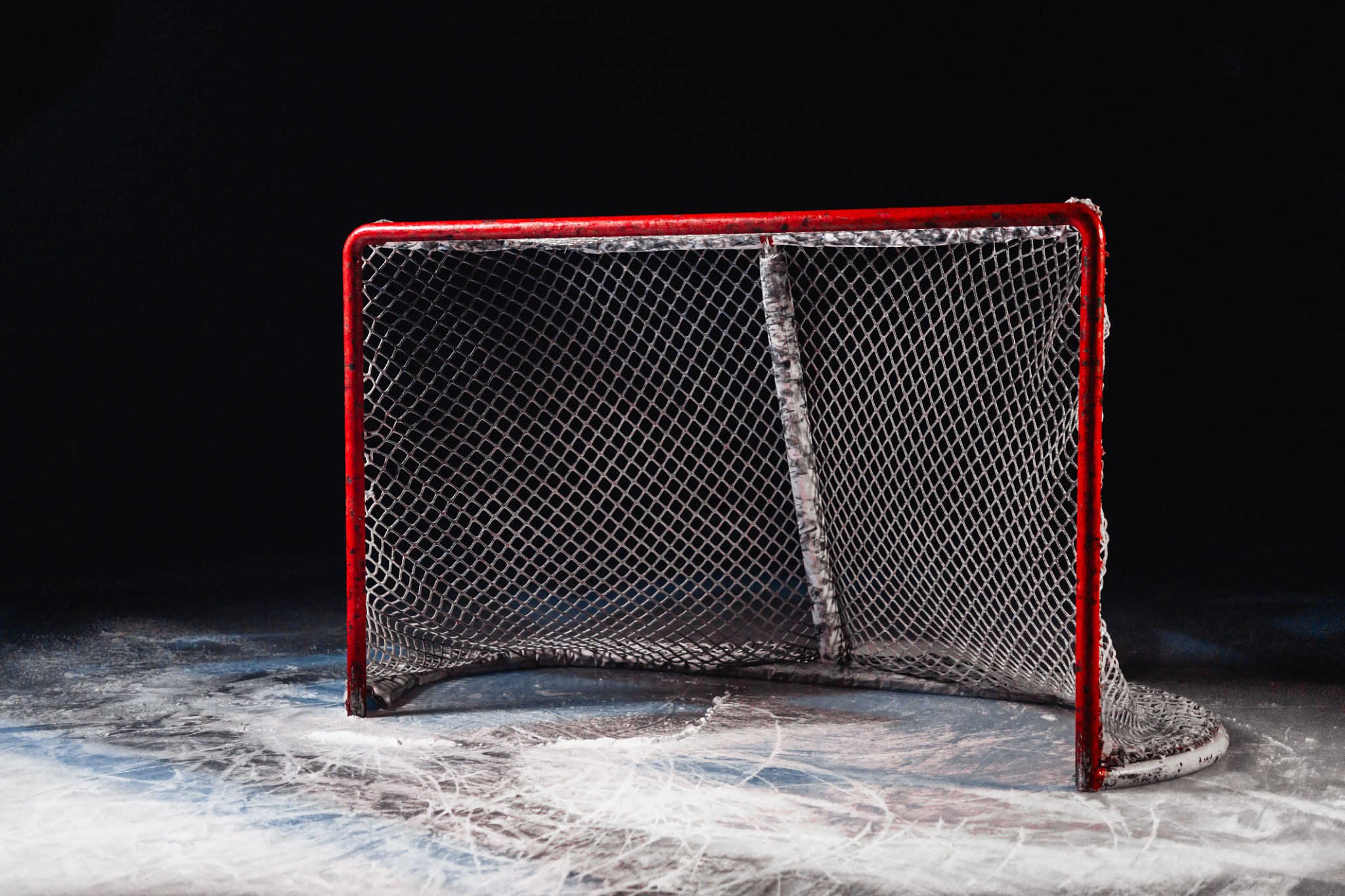Seasonal Training Tips: Preparing for Ice Hockey Success in Canada
Understanding the Importance of Seasonal Training
As the temperature drops and the lakes begin to freeze, ice hockey enthusiasts across Canada gear up for another thrilling season. However, success on the ice isn't just about natural talent; it requires dedicated preparation and training. Understanding the importance of seasonal training is key to maximizing performance and ensuring a competitive edge.

Seasonal training involves tailoring your fitness and practice routines to align with the demands of the sport during winter months. This approach helps players build strength, improve agility, and enhance their on-ice skills. By focusing on specific goals during the off-season, players can enter the hockey season in peak condition, ready to take on any challenge.
Building Endurance and Strength
A solid foundation in endurance and strength is crucial for ice hockey players. The grueling nature of the sport requires athletes to maintain high energy levels throughout games, often lasting over an hour. To build stamina, incorporate cardiovascular exercises such as running, cycling, and swimming into your routine. These activities will enhance your aerobic capacity and ensure you can keep up with the fast-paced action on the rink.
Strength training is equally important. Focus on exercises that target major muscle groups, including squats, lunges, deadlifts, and bench presses. Incorporating resistance training will help increase muscle power, making you more effective in body checks and puck battles.

Enhancing Agility and Flexibility
Agility is a critical component of ice hockey, allowing players to maneuver quickly around opponents and react swiftly to changing situations. Incorporate agility drills into your training regimen, such as ladder drills, cone drills, and quick footwork exercises. These activities will improve your speed and coordination on the ice.
Flexibility is often overlooked but plays a significant role in preventing injuries and improving overall performance. Regular stretching exercises can enhance your range of motion, enabling better skating strides and reducing the risk of muscle strains.
On-Ice Skating Skills
No amount of off-ice training can replace the necessity of honing your on-ice skills. Regular practice sessions on the rink are essential for mastering skating techniques. Focus on improving your stride efficiency, edge control, and balance. Incorporating drills that simulate game situations will prepare you for real-time challenges during matches.

Working with a coach or joining a hockey clinic can provide valuable feedback and guidance. Coaches can help identify areas for improvement and offer personalized drills to enhance your skating ability.
Mental Preparation for Success
Physical fitness is only one part of the equation; mental preparation is equally crucial for achieving success in ice hockey. Developing a strong mental game involves cultivating focus, resilience, and confidence. Visualization techniques can help players mentally rehearse game scenarios, leading to improved decision-making skills during intense moments.
Mindfulness practices such as meditation can also aid in reducing anxiety and enhancing concentration. A positive mindset can significantly impact performance, helping players remain composed under pressure.

Nutrition and Recovery
A well-balanced diet is fundamental to supporting your training efforts. Consuming the right mix of carbohydrates, proteins, and fats will fuel your body for optimal performance. Stay hydrated by drinking plenty of water before and after training sessions.
Equally important is recovery. Allowing your body enough time to rest and recuperate will prevent burnout and reduce the risk of injury. Incorporate rest days into your schedule and consider practices such as yoga or light stretching as part of your recovery routine.
Embracing Technology in Training
In today's digital age, technology offers numerous tools to enhance your training regimen. Wearable fitness trackers can monitor your heart rate, steps, and calories burned during sessions, providing valuable insights into your progress. Video analysis software allows players to review their performance and identify areas for improvement.

By leveraging these technological advancements, players can tailor their training programs more effectively and maximize their potential on the ice.
Conclusion: Preparing for Success
Preparing for ice hockey success in Canada is a multifaceted endeavor that requires dedication both on and off the ice. By focusing on endurance, strength, agility, mental preparation, nutrition, and embracing innovative technologies, players can elevate their game to new heights. As you lace up your skates this season, remember that every aspect of your training contributes to your ultimate success on the rink.
